India offers US$ 100 million line of credit to Bolivia for Financing Development Projects. Bolivia signs the Framework agreement on International Solar Alliance. India – Bolivia sign eight MOUs. Both sides discuss cooperation for exploring Bolivia’s vast lithium deposits.
Story by: Nikhil Raghavan
The India Energy Storage Alliance (IESA) announced that India and Bolivia have signed a Memorandum of Understanding (MoU) for the development and industrial use of lithium for the production of lithium-ion batteries. As part of the MoU, Bolivia will support supplies of lithium and lithium carbonate to India, as well as joint ventures between the two countries for lithium battery production plants in India.
A statement, issued during the recent Bolivia visit of India’s President Ram Nath Kovind, said: “Both the countries agreed to forge mutually beneficial partnership to facilitate Bolivian supplies of lithium carbonate to India and foster joint ventures for lithium battery/cell production plants in India.” The two countries have also agreed to facilitate mechanisms for the commercialization of lithium carbonate and potassium chloride produced in Bolivia by Yacimientos de Litio Bolivianos Corporación (YLB – Corporación), the statement added.
With the MoU, the possibility of Indian companies setting up production capabilities in Bolivia goes up, as well as the import of lithium to India. Domestic production is also set to see a boost, from the automotive perspective. The arrival of hybrids and electric vehicles from as early as 2020 onwards, will force manufacturers to look at local production. Apart from Electric Vehicles, Renewable Integration, Grid Stability and behind the meter applications will boost Li-Ion battery adoption in India. India is expected to attract over $3billion in investments in the next 3-5 years for li-ion batteries and also witnessing additional investment for its ecosystem.
The President of India, Shri Ram Nath Kovind who was in Bolivia in March this year met with his counterpart Mr Evo Morales Ayma and during the one-to-one discussions with him, the President said that he was honoured to pay the first ever State Visit
from India to Bolivia. He thanked President Morales for special welcome and affection.
Subsequently, the President led delegation-level talks between the two sides. Speaking on the occasion, he said that it is encouraging to see that India-Bolivia bilateral trade has picked up in the last two years and it stood at US$ 875 million in 2018. About 60% of Bolivian gold is exported to India. Bolivia is the 8th leading trading partner of India in Latin America region. He emphasised that there is a need to diversify our trade basket to further strengthen the bilateral trade.
In the final engagement of the day (March 29, 2019), the President addressed the India-Bolivia Business Forum. The President said that India has a focused business approach to the Latin American region. We hold the India-Latin America and Caribbean Conclaves annually to deepen our business collaborations. These Conclaves have served us well. Several Indian global majors have made entry into Bolivia through them, bringing cutting-edge technology, products and services to the people. He noted that there are immense opportunities for collaboration between India and Bolivia in various fields such as automobiles, healthcare, IT, renewable energy, Lithium, agriculture, space, developing modern infrastructure- from railways, highways, waterways, airways to energy pathways.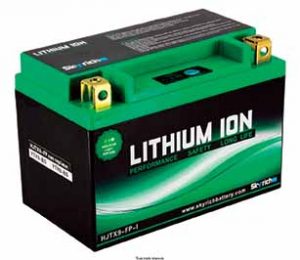
In his address, the President said, “We are committed to a transformational economic growth in India. But we want to be respectful of Mother Earth, of nature, in the same manner and with same devotion as you have done. We want our progress to be propelled by clean technology and sustainable practices. We want growth and environment protection to go hand in hand. We have established the International Solar Alliance to develop clean pathways and to tackle climate change. We welcome Bolivia in the Alliance and look forward to creating a greener planet with its support and ideas. As part of this commitment, we have a target to produce 175 gigawatts of renewable energy by 2022, including 100 gigawatts of solar energy. We are developing our capacity and at the same time making available our services to fellow countries to tap renewable energy. We see opportunities for tie-ups with Bolivia in solar, wind and bio-fuel segments. Talking of environment and sustainability, we have an ambitious programme to develop electric vehicles in India. And for this, we want to enter into long-term Lithium partnership with Bolivia. Indian enterprises are keen to mark their presence here as investment and technology partners – to develop lithium products and to master storage technology. We look forward to such promising ventures taking wings. India has gained vast expertise in developing modern infrastructure – from railways, highways, waterways, airways to energy pathways. This can also be a potential area for collaboration between our two countries.” ACI
Mobility Engineering
Interview with Debi Prasad Dash, Executive Director, India Energy Storage Alliance (IESA).
Q: In view of this MOU and the JV’s, what is the kind of progress that is envisaged in the Indian EV market?
Prasad: More than 20 Indian companies are in discussion for setting up of cell manufacturing in India. Indian Institutions like Indian Space Research Organization (ISRO) and Central Electro Chemical Research Institute (CECRI) have already developed indigenous Li-ion cell for energy storage demand in electric vehicle and grid scale RE- integration projects. Currently, India has No/Limited raw materials like Lithium, Cobalt and others. Lithium rich countries like Bolivia, Chile, Argentina and Australia will play a critical role in the energy storage industry across the globe. This MOU between India and Bolivia will play a vital role in the Indian energy sector which in turn will boost indigenous manufacturing in next decade.
Q: Do you anticipate a fast-track move towards EV?
Prasad: Government initiatives like recently launched the National Mission for Transformative Mobility with Phased Manufacturing Program for Li-ion battery manufacturing by NITI Aayog, Ministry of Heavy Industries have launched FAME -2 (Faster Adoption and Manufacturing of Electric Vehicles) incentives with a budget of Rs 10,000 Cr will encourage adoption of EV in India. Global companies are entering in the Indian market and Indian conglomerates are diversifying in the EV space.
Q: How do you think the existing Indian battery manufacturers will upgrade their facilities to advanced battery products to meet the EV demand?
Prasad: India is one of the largest markets for lead acid batteries and is also exporting to other SARC countries. Leading lead acid manufacturers like EXIDE, Amara Raja, Okaya and Li- Guard have taken the first step by investing in energy storage space. Exide Industries Ltd., an Indian lead acid storage battery manufacturer, and Leclanche, a global energy storage solutions provider, has formed a Joint Venture (JV) to build Lithium-ion (Li-Ion) batteries and provide energy storage systems for India’s electric vehicle (EV) market and grid-based applications. Similarly, Amara Raja is planning to invest into Li-ion cell manufacturing at Andhra Pradesh. Other small and medium scale lead acid manufacturers are heavily investing into R&D of advanced lead acid or in emerging battery chemistries like Sodium based, Flow batteries, Zinc based batteries and others.
IESA estimates that Indian market would grow to over 300 GWh during 2019-2025 considering ESS and EV opportunities. India is expected to attract over $3Billion in investments to support 3+ giga factories for Li-ion batteries and also witnessing additional investment for alternate energy storage technologies. Apart from investments in the Giga factories, IESA is also working towards enabling the involvement of various domestic component manufactures and material supply companies in the global supply chain.



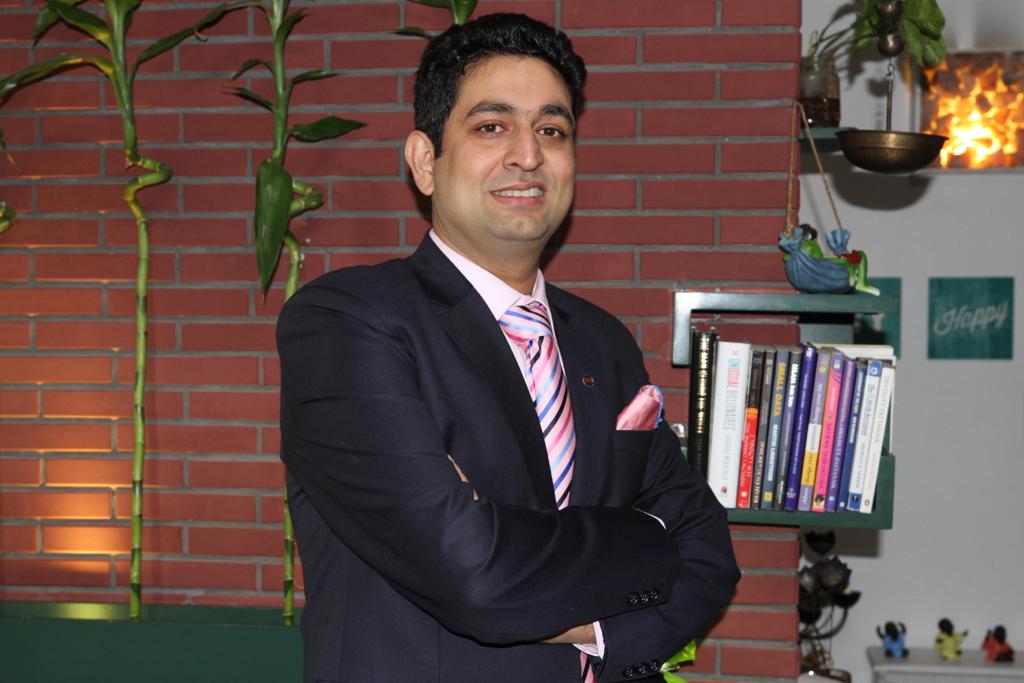
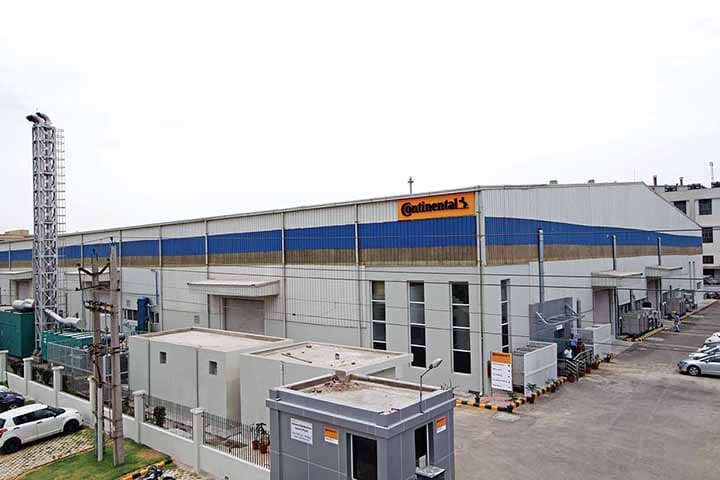
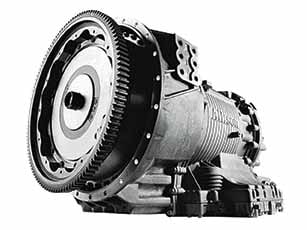
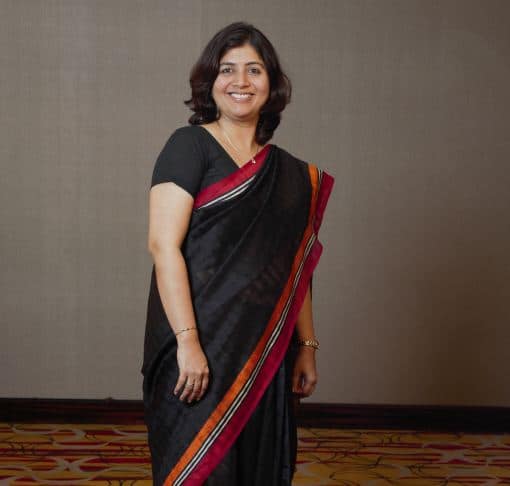

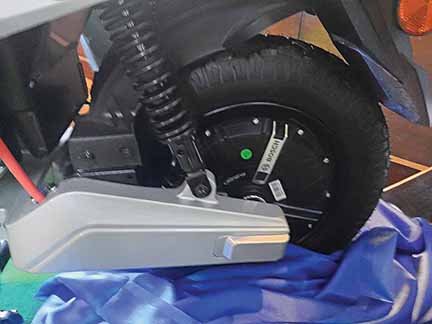
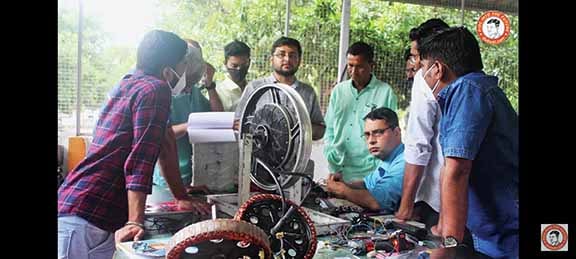
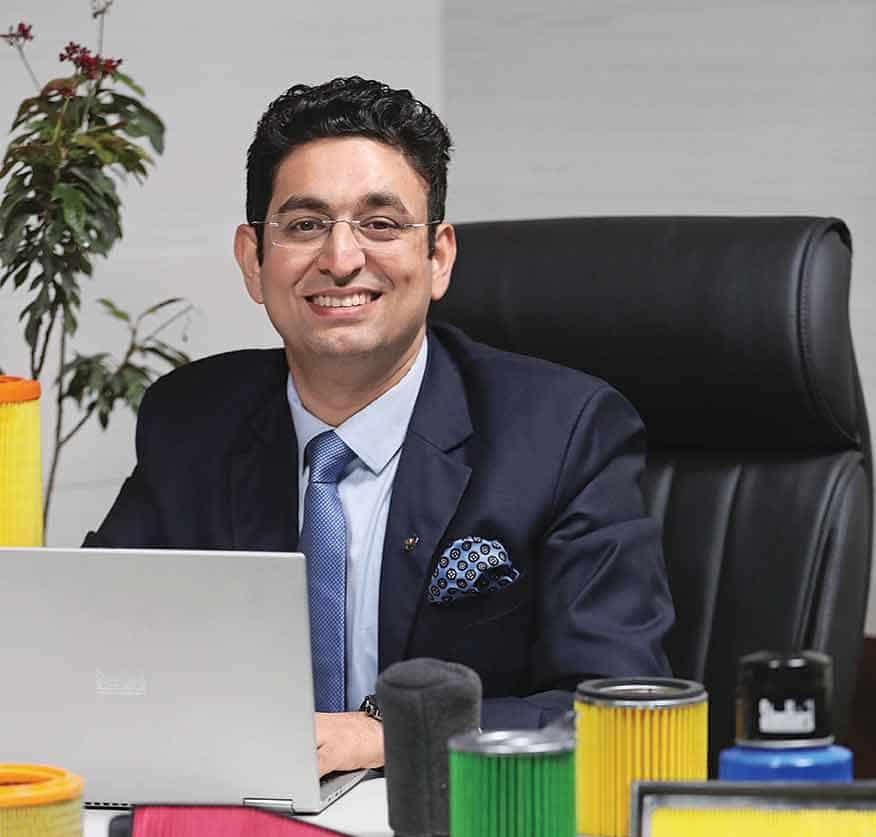

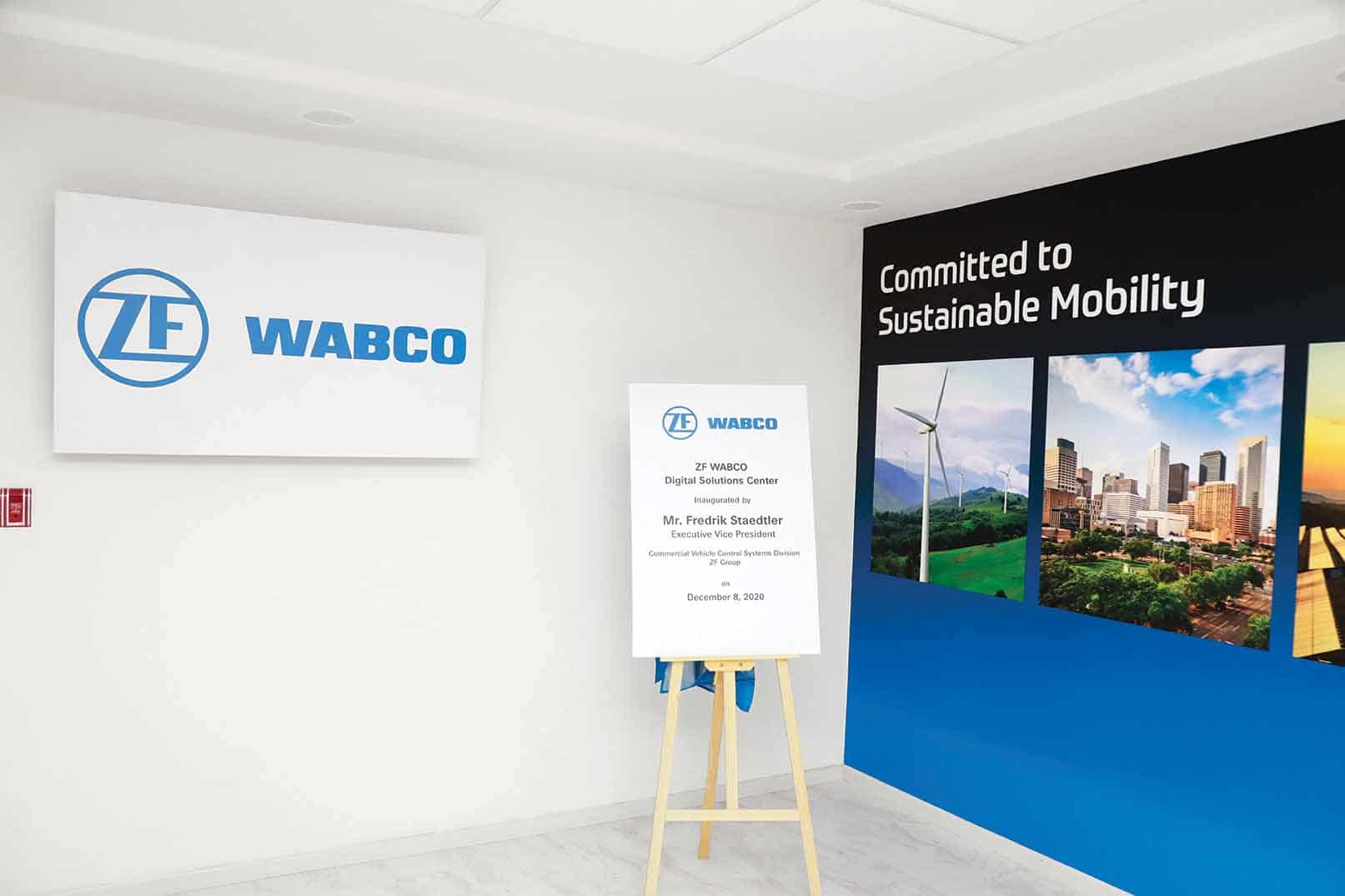




Leave a Reply